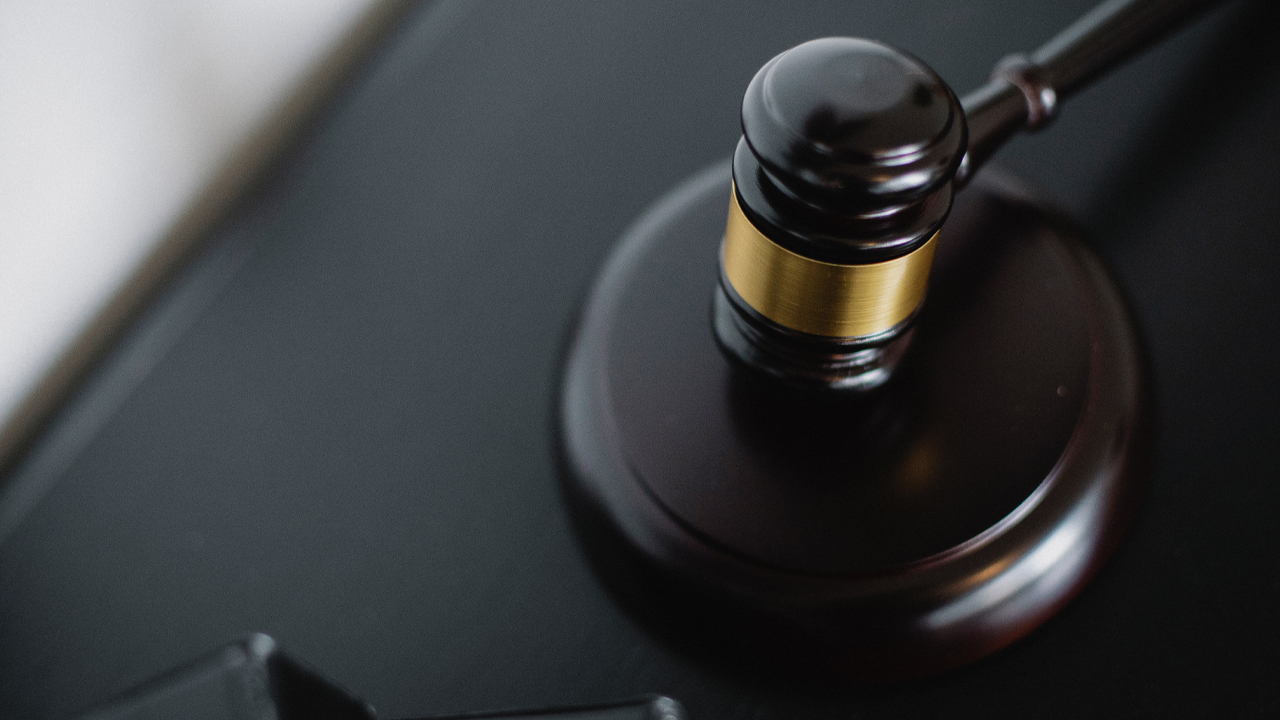A misdemeanor in Florida is considered a minor crime. But, even if they do not rise to the level of a felony, the consequences of a misdemeanor conviction can be severe and far-reaching. Having zealous legal representation may help you avoid the harsh effects of a conviction.
Researchers estimate that 80% of nationwide arrests are misdemeanors. Assuming that a misdemeanor is a minor offense that can lead to trivial consequences is a dangerous misconception. If you were charged with a misdemeanor in Florida, a seasoned criminal defense lawyer could explore the potential legal avenues to protect your freedom and future.
At Z. Hernandez Law, we believe that often what stands between defenders and a potential conviction is a strong and personalized defense. Because of that, we go above and beyond when fighting for our clients.
What Is a Misdemeanor in Florida?
According to Florida Section §775.08, a misdemeanor is any criminal act that can lead to less than one year of incarceration in a county correctional facility. Some examples of misdemeanors in Florida include but are not limited to DUI offenses, domestic violence, assault, petty thefts, and possession of certain drugs.
Overall, Florida misdemeanors refer to ‘minor’ crimes or less serious offenses. Depending on the severity of the crime, misdemeanors have their own classification. A misdemeanor of the second degree is a less serious form of a misdemeanor.
On the other hand, more severe misdemeanors, such as domestic violence, are considered first-degree misdemeanors. As shown in the sections below, the penalties associated with a misdemeanor conviction vary depending on your charges.
Misdemeanor charges encompass a wide range of offenses. However, in a broad definition, these crimes are distinguished by causing low economic losses or implying a low level of violence against the alleged victim.
In most misdemeanor cases, police officers need a warrant or must have witnessed the offense to be able to arrest you. However, Florida law exempts certain crimes from this rule and allows law enforcement officers to arrest you without having a warrant. These crimes are known as misdemeanor exceptions.
Some examples of misdemeanor exceptions include, but are not limited to:
- Domestic violence
- Child abuse
- Simple Assault and Battery
- Criminal mischief
- Racing and stunt driving
- Indecent exposure
If you are facing charges, a criminal defense attorney near you can help you fight your accusations. At Z. Hernandez Law, we represent clients in Orlando, Ocala, Maitland, Kissimmee, Deltona, Lockhart, and surrounding cities. Call (407) 900-8490 today to see if we may be able to help you.
Misdemeanor Charges We Handle
Criminal defense lawyer Zarina Hernandez focuses on representing clients facing misdemeanor charges in Orange, Seminole, Osceola, Volusia, Lake, and Brevard counties. Zarina is committed to fighting the good fight for you to protect your future and your rights.
At Z. Hernandez Law, we handle the following misdemeanor cases:
- Domestic violence
- DUI offenses
- Hit and runs
- Possession of certain drugs
- Possession of drug paraphernalia
- Shoplifting and petty thefts
- Simple assault
- Simple battery
- Solicitation
- Traffic crimes
- Violation of restraining order
If you are facing a charge for a criminal offense that has not been listed, we may still be able to help.
Penalties for Misdemeanors in Florida
A conviction for a misdemeanor in Florida rises when the prosecution has proven beyond reasonable doubt that the defendant committed the crime. Below is a table of the penalties associated with misdemeanor crimes:
| Type of misdemeanor | Maximum Incarceration | Maximum Fine |
|---|---|---|
| Second-degree misdemeanor | 60 days | $500 |
| First-degree misdemeanor | 1 year | $1,000 |
In addition to these punishments, some crimes may bring additional penalties such as:
- Community service
- Restitution
- Mandatory incarceration
- Suspension or loss of driving privileges
- Loss of gun rights
- Completing treatment or intervention programs
In some cases, the judge may sentence the defender to probation instead of incarceration. Even if you avoid serving jail time, being under probation means that you must comply with the court’s established conditions.
Statute of limitations
In Florida, the statute of limitations for misdemeanors of the second degree is one year. On the other hand, the prosecution has two years to pursue a first-degree misdemeanor. This statute of limitations starts running on the day the criminal offense was committed.
Can you expunge a misdemeanor in Florida?
Most misdemeanor crimes in Florida may be eligible for expungement. However, Florida laws establish that the following misdemeanor offenses cannot be expunged:
- Animal cruelty
- Assault
- Battery
- Domestic violence
- Indecent exposure
- Petit theft
- Unlawful possession of certain weapons
In Florida, a misdemeanor conviction does not go away over time. An Orlando criminal defense lawyer can help you determine if you are eligible to have your criminal record expunged.
Book an Appointment with a Criminal Attorney
Even if they are not as severe as a felony, a misdemeanor charge in Florida can result in incarceration, fines, and far-reaching consequences. When being arrested or charged with a crime, taking prompt legal action can improve your chances of a positive outcome.
Z. Hernandez Law is a criminal defense law firm representing clients facing misdemeanor crimes in Orange, Bravard, Lake, Osceola, and Seminole counties. If you were arrested in any of these locations, call (407) 900-8490 to book a consultation.

